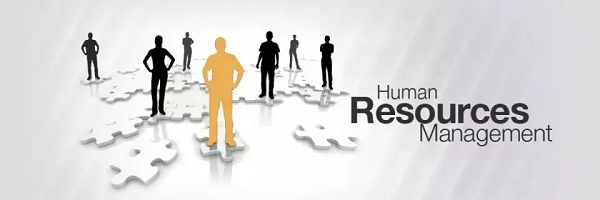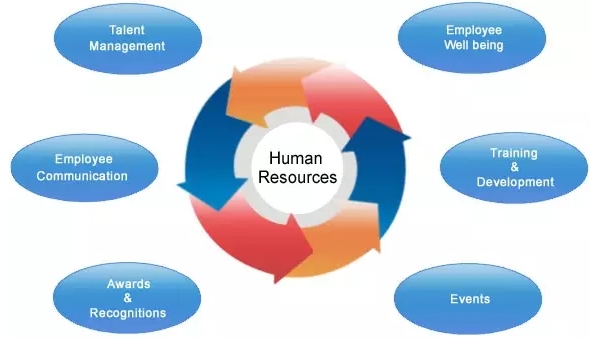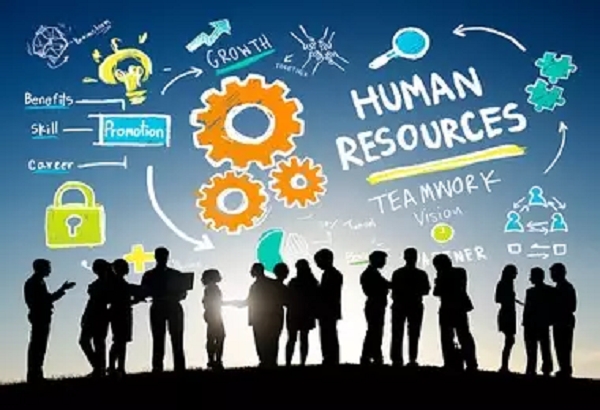
 Data Structure
Data Structure Networking
Networking RDBMS
RDBMS Operating System
Operating System Java
Java MS Excel
MS Excel iOS
iOS HTML
HTML CSS
CSS Android
Android Python
Python C Programming
C Programming C++
C++ C#
C# MongoDB
MongoDB MySQL
MySQL Javascript
Javascript PHP
PHP
- Selected Reading
- UPSC IAS Exams Notes
- Developer's Best Practices
- Questions and Answers
- Effective Resume Writing
- HR Interview Questions
- Computer Glossary
- Who is Who
What is Human Resource Management?
Human Resource Management (HRM) is a discipline in the broad dimension of management where the study of practices that influences and affects people who work in an organization is conducted. It facilitates the coordination of the Human resource, who are the most important part of an organization.
Developing the skills of the personnel, providing the personnel with the necessary training, giving them continuous motivation are all part of Human Resource Management. HRM is a relatively new discipline which brings fresh perspectives and outlook in an organization because it considers manpower as an asset of the organization.

In the era of the Industrial Revolution, the people were considered as machines who would work in pathetic conditions for pity wages. HRM has radically changed this thought process.
Importance
Proper utilization of the knowledge present in HRM can help in retaining the best people in an organization. This contributes a lot to the growth and development of the organization as monetary and material resources alone cannot do this bit.
HRM helps in proper recruitment and selection. There are performance appraisal mechanisms and training workshops established with the help of HRM.

Components
The major components of HRM are planning, recruitment, selection, training, education, development, performance appraisal, promotion, job analysis, quality of work life, organizational culture, the safety of the personnel, Grievance Redressal, etc.
Thus, anyone can observe that HRM actually helps in the integration of the members of an organization and motivating them towards achieving the organizational goals.
Salient features
HRM covers all types of people working in the organization both at the group as well as individual level.
HRM’s main objective is the development of personnel which includes capacity, personality building, job satisfaction, expanding the horizons of knowledge for the employees, etc.
Its uniqueness lies in the fact that it deals with the psychological and social aspects of the employees in an organization

Relevance
In the modern era, HRM has become indispensable for any organization.
In the competitive market, it is necessary to give job satisfaction to retain the employees.
It promotes the organizational values and principles among all the employees. With a good work culture, the employees feel dedicated and motivated to give their best to the organization.
Workers are no longer a liability in an organization rather they are the asset for it. With the seeping of technology, the role of people in handling them also has to be taken into consideration.

